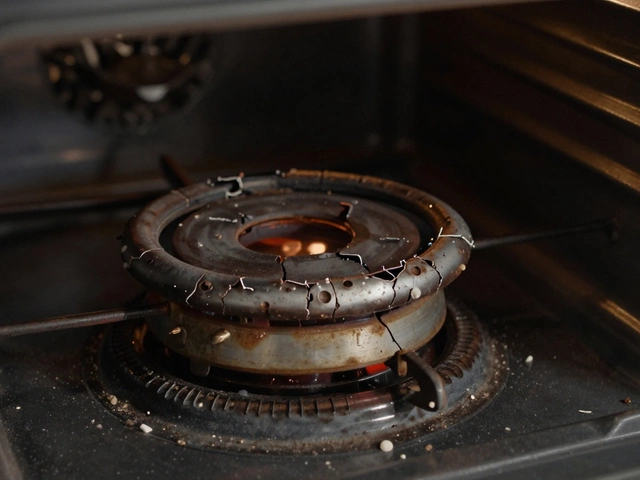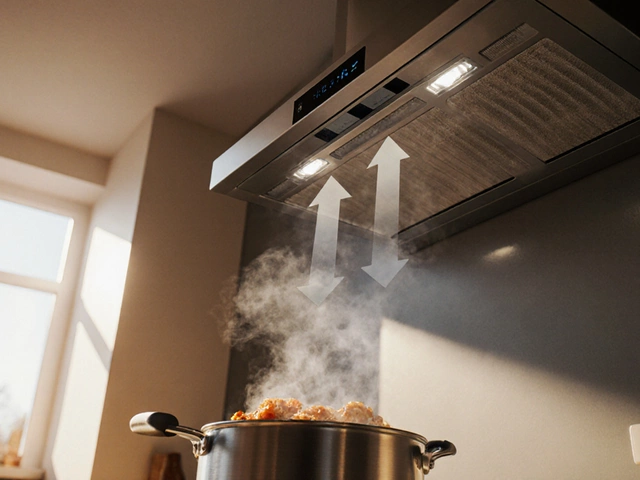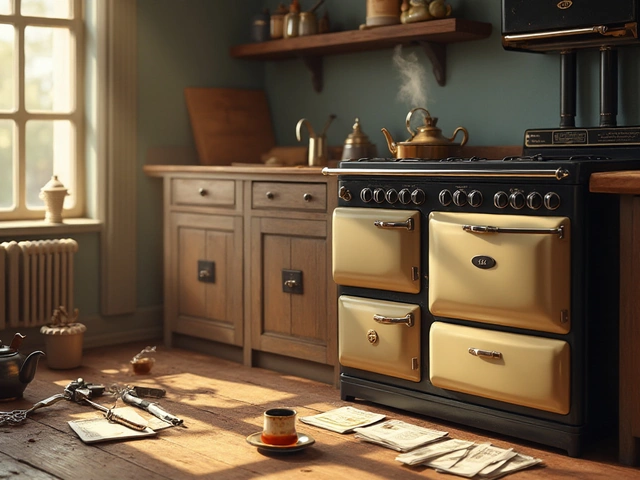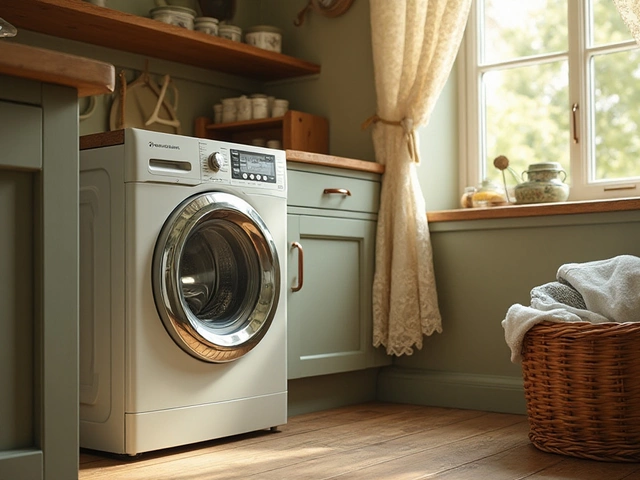Nothing ruins a morning like a cold, sputtering shower or a leak that turns your bathroom floor into a mini‑pool. Luckily most shower problems are simple enough to handle on your own, and when they’re not, you’ll know exactly what to ask a professional. Below you’ll find the most common issues, easy DIY steps, and clear signs that it’s time to call in an expert.
First, figure out what’s actually wrong. A steady drip from the faucet usually means a worn‑out washer or cartridge. If the water is lukewarm no matter how hot you set the dial, the culprit is often the water heater, a broken thermostat, or a mixing valve that’s stuck. A weak spray can point to a clogged showerhead or low water pressure caused by a partially closed valve.
Another red flag is rust or a metallic taste in the water – that’s a sign of corroded pipes or a failing water heater tank. Finally, any sudden drop in water flow combined with a rattling sound almost always means a loose pipe or a failing pump. Spotting these clues early saves you time and prevents water damage.
1. Stop a Leaky Faucet – Turn off the water supply under the sink, remove the handle, and replace the rubber washer or cartridge. It’s a cheap part you can find at any hardware store and takes less than 15 minutes.
2. Warm Up a Cold Shower – Check the water heater’s thermostat; most models sit at 120°F (49°C). If it’s set lower, turn it up a few degrees. Next, flush the heater to remove sediment that can block heat transfer. If you still get lukewarm water, the mixing valve behind the shower may need cleaning or replacement.
3. Fix a Clogged Showerhead – Unscrew the head, soak it in a vinegar solution for an hour, then scrub away any remaining buildup with an old toothbrush. Re‑attach, run the water, and you’ll notice a stronger spray instantly.
4. Repair Low Water Pressure – Locate the main shut‑off valve and make sure it’s fully open. Then locate the pressure‑balancing valve inside the wall (you’ll need the access panel) and clean any debris. If pressure stays low, you may have a partial blockage in the supply line, which a plumber can clear.
5. Seal a Leaking Pipe – Turn off the water, dry the area, and wrap a piece of self‑fusing silicone tape tightly around the leak. This is a temporary fix that lets you keep using the shower until a professional can replace the pipe.
These steps cover the majority of everyday shower woes. If you run into electricity, gas, or major plumbing work, stop and call a qualified technician. Safety first.
When you’ve tried the easy fixes and the problem persists, it’s time to get professional help. A trained repair service can test the water heater, replace a faulty mixing valve, or tackle hidden pipe corrosion without causing extra damage. At Bognor Regis Appliance Repair Experts we specialize in fast, reliable shower repair, so you won’t be stuck with cold water for long.
Remember, a well‑maintained shower not only feels better but also saves you money on water bills and avoids costly repairs down the line. Keep an eye on any changes, tackle minor issues right away, and don’t hesitate to call a pro when the job feels too big. Your next hot, steady shower is just around the corner.

Discover practical solutions to restore hot water in your shower with ease. Learn about common problems affecting water heaters and the steps to troubleshoot each issue. This guide will walk you through changing settings, checking components, and knowing when to call a pro. Take control of your hot water system and enjoy a soothing shower experience once again. Ideal for homeowners facing frustrating lukewarm showers.

If your oven won't heat up, it's usually a simple fix-like a broken element, faulty thermostat, or blown fuse. Learn the most common causes and how to diagnose them yourself before calling a repair technician.

Unravel the mysteries of oven troubles with a comprehensive guide that walks you through common issues and their solutions. From unexpected cold spots to issues with heating elements, this article explores practical approaches to diagnosing and fixing your oven. Learn about signs to watch out for, potential tools needed, and tips to maintain your oven's optimal performance. Perfect for homeowners who want to save a little cash and feel empowered to tackle minor repairs before calling in the professionals. This guide makes oven repair accessible and doable for the average person.

Find out if leaving your extractor fan on is safe, how much energy it uses, and the best practices to protect your home while keeping the kitchen fresh.

Navigating the world of cooker repair can seem daunting, but armed with the right knowledge, it becomes manageable. This article explores common issues faced by cookers, signs that suggest whether repair is possible, and steps on how to approach fixing these vital kitchen appliances. By identifying whether a do-it-yourself fix is feasible or when to call in a professional, you can make informed decisions about your cooker. Learn about maintenance tips to prolong the life of your cooker and keep it working efficiently.

Choosing a reliable washing machine can be a daunting task given the numerous options available. This article provides insights into brands known for fewer repair issues and shares tips to maintain and extend the washer's lifespan. With technological advancements and design improvements, knowing how to select a durable washer can save time and money. Learn about the top performing washer brands based on recent studies and consumer reports. Also, discover interesting ways to keep your machine running smoothly.